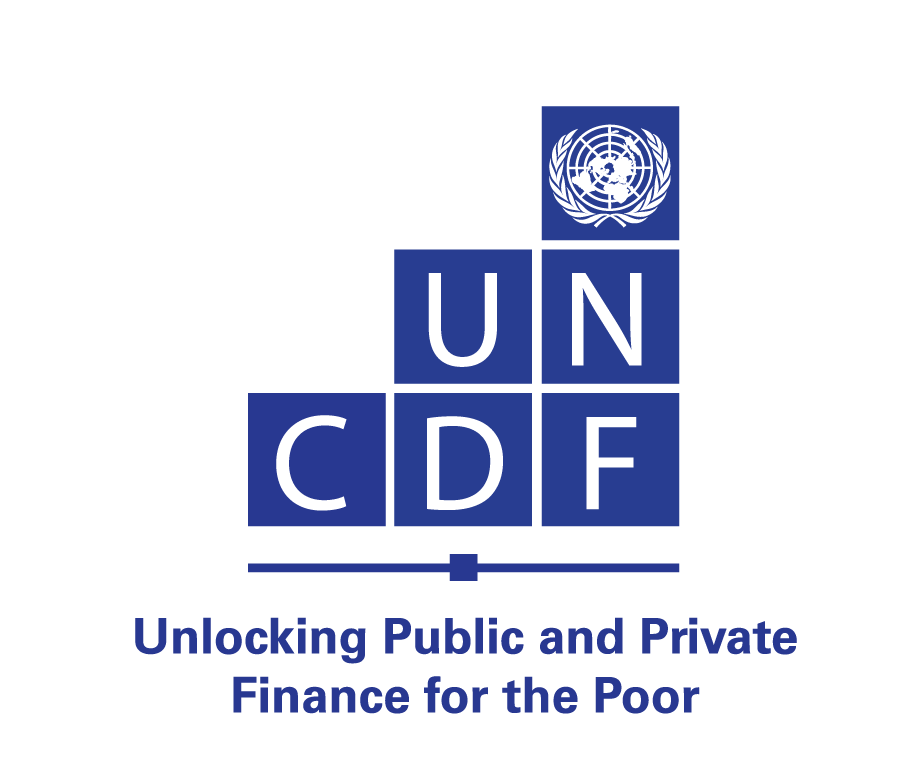UNCDF Finances Landmark Investment in the BUILD Fund


Contact:
David Mikhail
Communications Specialist
David.Mikhail@uncdf.org
Tags
Inaugural Investment into Unique Blended Finance Vehicle Will Capitalize Small Businesses in World’s Least Developed Countries
Backed by a generous contribution from the Government of the Grand Duchy of Luxembourg, the United Nations Capital Development Fund (UNCDF) has delivered the first investment into the BUILD Fund S.A. SICAV-RAIF (BUILD Fund) —a unique blended finance fund launched by impact investors Bamboo Capital Partners in partnership with UNCDF.
It is the first time UNCDF, a United Nations agency with a specialized capital mandate to make finance work for everybody, is investing directly into a structured blended finance fund.
Luxembourg’s commitment of EUR 2 million to the innovative impact finance vehicle will enable the BUILD Fund to bring “missing middle” finance to small-and-medium sized enterprises (SMEs), financial service providers, and local infrastructure projects that have the potential for financial viability and strong development impact in the world’s least developed countries (LDCs).
"The main objective of Luxembourg’s Development Cooperation is to contribute to the eradication of poverty through the promotion of economic, social and environmental sustainability," said Minister Franz Fayot, Minister for Development Cooperation and Humanitarian Affairs. "To achieve this, Luxembourg promotes a multi-stakeholder partnership approach. This includes the establishment of innovative financing instruments to facilitate necessary investments in businesses led by women and young entrepreneurs through the BUILD fund. We look forward to other partners joining this unique partnership with UNCDF."
The BUILD Fund is designed to attract concessional, semi-commercial and select commercial growth finance to UNCDF’s pipeline of SMEs, financial service providers, and local infrastructure projects, and is one of the few investment funds in the market with a specific focus on LDCs. It is also a critical part of a larger, groundbreaking impact investment initiative, SDG500, which will seek to raise $500 million to support businesses across multiple sectors to bridge the missing middle financing gap between seed and growth stage for businesses in emerging and frontier markets, including the LDCs. Through the BUILD Fund, UNCDF and Bamboo Capital Partners are aiming to capitalize the financing gap that affects entrepreneurs in frontier markets, where growth is constrained by a lack of access to follow-on financing. “The State of Small Business in the LDCs” survey, published by UNCDF and a variety of partners in 2020, confirmed the need for financing vehicles to support SMEs in LDCs. The BUILD fund aims to fill that finance gap.
The fund will be managed by Bamboo, while UNCDF has an important role in sourcing and vetting investment opportunities for SDG impact and financial viability. UNCDF has identified over 250 companies and projects and has built an initial pipeline of promising SMEs operating in the LDCs with strong development impact and promising fundamentals. UNCDF is also launching a capacity building and support platform, known as the “BUILDER” Facility, to provide pre- and post-investment advice to the pipeline of investable enterprises and BUILD investees.
“It is often most difficult to get a first-mover and anchor investor interested in taking the risk in a new initiative, especially in a fund dedicated to the LDCs,” said Anders Berlin, Director of the LDC Investment Platform at UNCDF. “There are very few funds with this specific focus, and none with a dedicated pipeline provider in the form of a UN agency. But if we are to jointly reach SDG achievements, and change the trajectory of international capital flows, this kind of innovative initiative is sorely needed. It is well in line with the rhetoric from the Addis Ababa Action Agenda and other global frameworks. By providing this first loss capital, Luxembourg has shown that they are determined to show the way for others.”
“This investment is an important first step towards an innovative new way to tap the capital markets to finance the SDGs,” said Esther Pan Sloane, Head of Partnerships, Policy and Communications at UNCDF. “By using development assistance to attract commercial capital to an investment vehicle focused on the LDCs, Luxembourg is demonstrating a new approach to attracting the finance LDCs desperately needed to recover from pandemic impacts and reach their development goals.”
Luxembourg’s generous contribution was facilitated through an innovative finance instrument known as “beneficiary units.” Beneficiary units are flexible security instruments that are not part of the formal structure of an investment vehicle, but can behave as first loss capital and therefore reduce risk for other investors. International law firm K&L Gates LLP provided consistent and valued pro bono counsel to UNCDF in structuring the overall relationship with the BUILD Fund, including the beneficiary units investment.
Luxembourg’s contribution was made to UNCDF in the standard fashion of a UN Member State contribution. Subsequently, UNCDF entered into a “beneficiary units subscription agreement” with the BUILD Fund, where UNCDF subscribed to an amount of beneficiary units equivalent in value to the contribution amount received from Luxembourg. The beneficiary units allow Luxembourg’s contribution to be channeled into the first-loss layer of the Fund and in line with UNCDF’s capital mandate.
The Government of the Grand Duchy of Luxembourg has been an essential partner to UNCDF since entering into a framework agreement in 2008. Most recently, Luxembourg has supported a variety of UNCDF initiatives, from promoting access to clean energy and digital financial inclusion in Burkina Faso to financing projects that unlock municipal investment finance in a range of LDCs. Luxembourg also partnered with UNCDF to leverage digital solutions to support micro, small and medium sized enterprises in West Africa to recover from the COVID-19 pandemic.